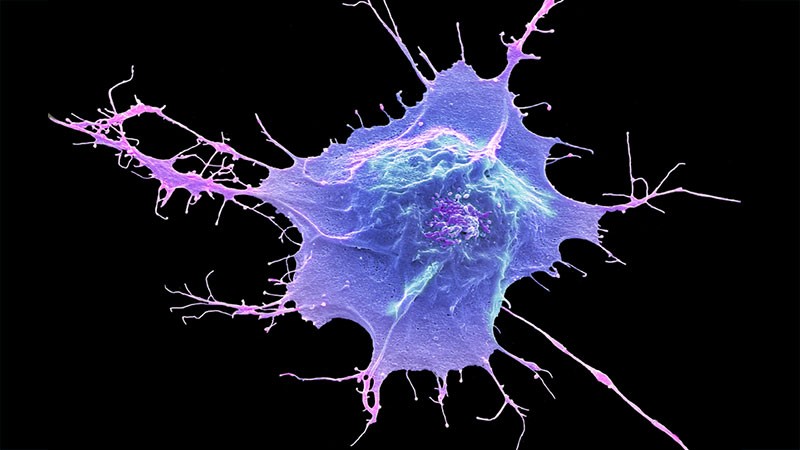Has public enthusiasm for #IPSCs waned in Japan? The subject article addresses the topic by focusing on three ongoing studies. Transplanting reprogrammed heart muscle stem cells into a patient. Transplanting IPSC derived #cornea cells- with some vision improvement shown. The 10-year effort to utilize donor-derived IPSC’s to create #dopamine producing neurons in the brains of #Parkinsons patients. In my view, Japan still leads the way, utilizing Yamanaka’s Nobel Prize winning discovery. #JapaneseSocietyforRegenerativeMedicine remains the largest membership society in the stem cell space, even surpassing #ISSCR. Government support continues and there is enormous interest in iPSCs as the workhorse tool for drug testing. Also investment from the human #longevity movement–
Bernard Siegel
The country has invested hundreds of millions of dollars into research on induced pluripotent stem cells to treat diseased organs.
By Smriti Mallapaty – Nature
Some of the first trials to test whether reprogrammed stem cells can repair diseased organs have begun to report positive results. Research teams involved in the studies, all based in Japan, say they provide early hints that the hotly anticipated technology works. But many researchers outside the country are cautious about overstating the significance of the trials, saying they were small and the results have yet to be peer reviewed.
Induced pluripotent stem (iPS) cells are those that have been reprogrammed from mature cells — often taken from the skin — into an embryonic-like state. From there, they can then turn into any cell type and be used to repair damaged organs.
In January, researchers reported in a preprint1 that the first person in Japan given a transplant of heart-muscle cells made from reprogrammed stem cells had experienced improved heart function following the procedure. Then, in April, another group announced that several people’s vision had improved after their diseased corneas were transplanted with corneal cells made from reprogrammed stem cells — a world first.


